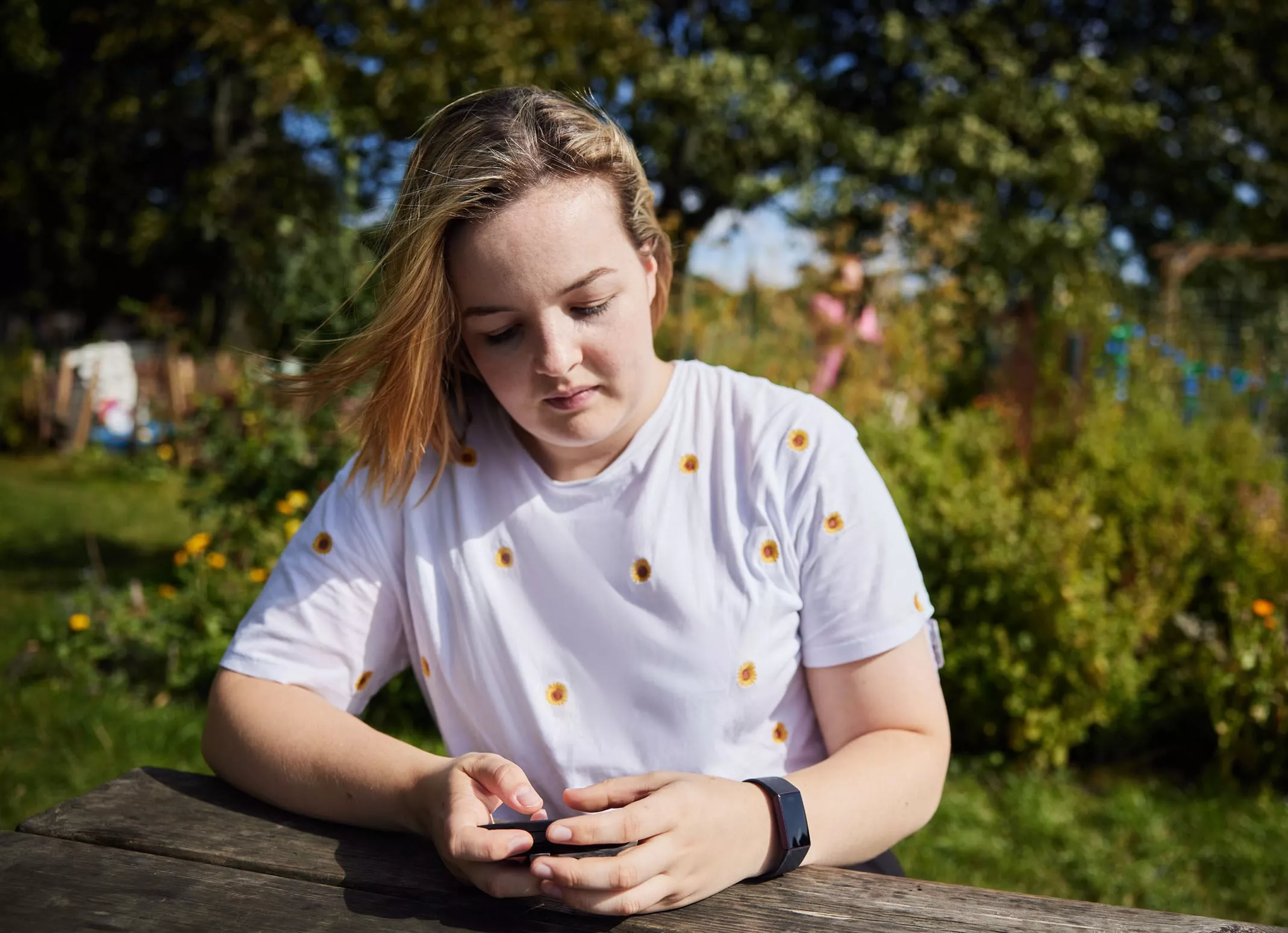
A group of 51 experts from across the globe have come together to recognise the urgent need end to diabetes stigma and discrimination.
The expert team, made up of people with lived experience of diabetes stigma and scientists who research it, set out to draw together the evidence surrounding diabetes stigma.
They wanted to better understand how often it happens, why it happens, its consequences and, most importantly, how to put a stop to it. They’ve published their findings and recommendations in The Lancet, in what’s known as an international consensus.
What is diabetes stigma?
Stigma is the negative judgment, stereotypes, and prejudice that people with diabetes might face from others.
While discrimination involves unfair treatment, and can happen across areas like healthcare, education and employment, the expert group looked at past research and found that diabetes stigma and discrimination were shockingly common.
We've recently conducted our own research and found that nearly nine in 10 people with type 1 diabetes, and six in 10 people with type 2 diabetes, experience negative attitudes from others in relation to their diabetes. And that the likelihood of experiencing stigma was increased in people who use insulin and people from ethnic minority communities.
The expert team also explored the harm stigma and discrimination can cause. Evidence confirmed the profound impact it can have on emotional, mental, and physical well-being. And it can affect people’s ability to manage their diabetes, the healthcare they receive, and social and professional opportunities.
Professor Jane Speight, co-lead of the international consensus explains:
“It can lead to depression, anxiety, and emotional distress. It can lead them to conceal their condition in public, which can affect how well they manage it. It can also have impacts on their personal, family, social and professional lives."
Professor Speight also highlighted how stigma is holding back progress for people with diabetes:
“Stigma can also have a negative impact on public and government support and funding for diabetes research, prevention, care, and treatments.”
The team concluded that diabetes stigma is chiefly fuelled by blame, perceptions of burden or sickness, the invisibility of the condition, and feelings of fear or disgust.
Misunderstandings about the causes of diabetes and how to prevent and treat are all too common, and can be spread by the media, public discourse, health organisations and healthcare professionals.
Nicki lives with type 2 diabetes. She said:
“The biggest misconception for me is that people assume you’ve caused your diabetes by having an unhealthy lifestyle or not looking after yourself by drinking and eating too much. Why do people think that’s the case or think it’s OK to make that judgement? It certainly wasn’t the case for me – and I’m not alone in that.”
The way forward
The international consensus says the solution lies in collective community action. They agreed on a pledge to rally global support and commitment to act against the negative stereotypes and prejudice that exist.
Professor Speight says:
“We invite every individual and every organisation across the world to take the Pledge and play their part in the change needed to end diabetes stigma and discrimination.”
“The consensus calls on the public to challenge stigmatising language and jokes about diabetes, to condemn discrimination, and support the research, initiatives, and policies that will help eliminate diabetes stigma.”
We’re backing this pledge. By standing together, raising awareness, and fostering understanding, we can create a world where diabetes is seen not as a source of blame or fear but as a condition that deserves empathy, support, and acceptance.
You can find out more about all the ways we’re working to tackle diabetes stigma, including funding crucial research.
